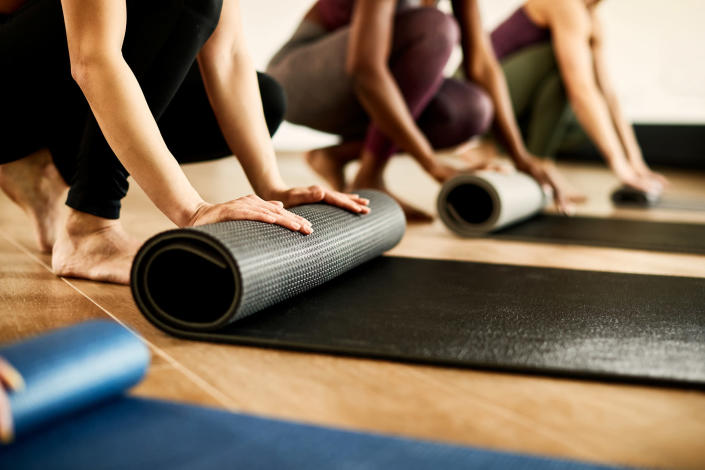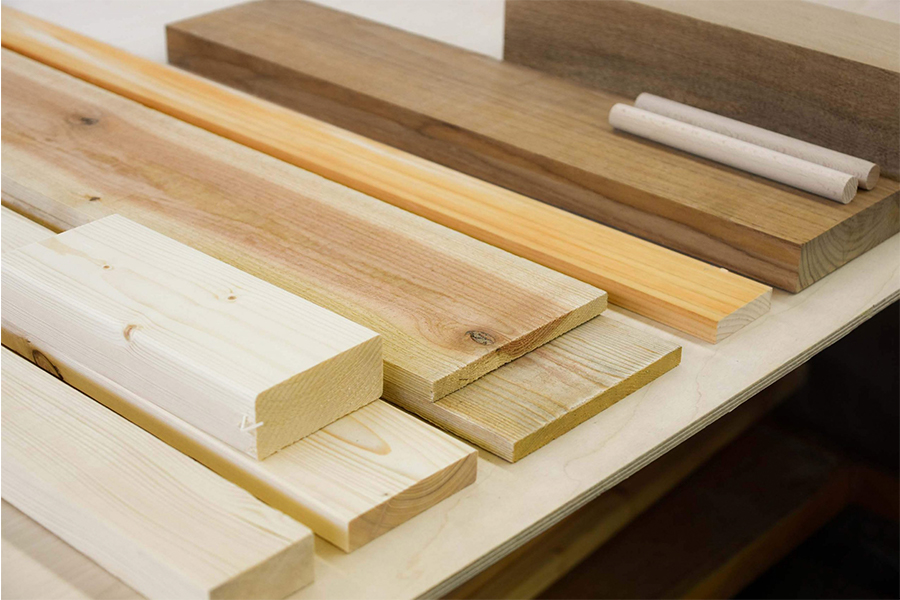Forget Physique. Mental Health Is the Newest, Hottest Fitness Goal

Credit score – Getty Illustrations or photos
As the COVID-19 pandemic carries on to worsen burnout and fatigue, numerous people today are eager to acquire a deep breath and come across a extra well balanced method to life—at house, at the business, and at the fitness center.
There are signs that people are now chasing the mental-health gains of training even more than the physical kinds. According to a 2022 developments report from on the web health-course scheduling platform Mindbody, the prime two motives that People work out are now to reduce pressure and feel far better mentally. That is a placing improve from even the current pre-pandemic previous in 2019, managing fat and hunting greater had been major motivators for quite a few exercisers, in accordance to Mindbody’s report from that calendar year.
Related traits are showing in scientific literature, says Genevieve Dunton, chief of well being habits research at the College of Southern California’s Keck College of Drugs. “People are reporting a little bit distinctive motives for wanting to be lively,” as opposed to before the pandemic, Dunton claims. “The factors are surely much more about anxiety reduction, anxiousness release, and enhanced rest.”
The website link among bodily action and psychological wellness is nicely established. Folks have talked about the temper-boosting “runner’s high” for at least 50 % a century, and plenty of studies—including one done by Dunton for the duration of the pandemic—confirm that work out can make improvements to mental wellness and mood, most likely even protecting against or lessening signs and symptoms of melancholy for some people. But the pandemic appears to be to have heralded a tradition shift in the exercise environment, as in so lots of other individuals: Psychological wellness is no more time a happy aspect result of a training regime meant to torch calories or sculpt a six-pack. For numerous persons, it is now the whole issue.
“Everything shifts when the planet receives turned upside down,” Dunton says. “If just one is dealing with snooze problems or experience pretty nervous or stressed, that gets the selection-a person priority, and the other priorities change downward.”
Conditioning makes have picked up on this alter, suggests Natalia Mehlman Petrzela, an associate professor of background at the New School and creator of Suit Nation, a forthcoming reserve about the background and tradition of training in the U.S. “You see now a lot far more exercising applications marketing and advertising by themselves as [for] mental overall health or self care, rather than [with] a competitive, difficult-driving ethos,” she suggests.
Super-rigorous conditioning studios are even adapting to in shape the minute. Tone Household, which offers athletic conditioning lessons that are normally called the toughest workouts in New York Metropolis, has introduced down the intensity currently, states main working officer Elvira Yambot. The manufacturer recently commenced featuring intermediate and introductory versions of its signature exercise, in recognition that “you may not [always] want to go 500% in an advanced class”—and that loads of men and women are a little out of shape following being further sedentary for the very last few many years, Yambot states.
When compared to pre-pandemic moments, far more people today are now booking recovery products and services to assistance them keep properly, this kind of as sessions in Tone House’s NormaTec compression treatment products, Yambot adds. Both equally Mindbody and conditioning startup ClassPass identified “recovery services”—like massages and sauna classes—as growing tendencies in current reports, and the Wall Street Journal has described on the variety of relaxation and restoration classes popping up in traditional gyms.
Tone Dwelling is considering adding extra wellness services—and maybe even yoga classes—to its agenda, Yambot states. That may well be stunning offered the brand’s status, but “it goes again to a much more balanced wellness strategy, but also a bigger approach to existence,” Yambot states. “It’s no for a longer time a fashionable term. Operate-life equilibrium is something that even New Yorkers are seeking to incorporate now, more so than before.” (For the file, Yambot says Tone Dwelling under no circumstances set out to come to be the toughest exercise in New York.)
Does that necessarily mean the times of substantial-depth, physically punishing exercise routines are over? Not automatically. According to ClassPass’ 2021 conditioning tendencies report, 60% of individuals want significant-electricity exercises on demanding days, in comparison to 40% who go for calming actions like yoga. And Joey Gonzalez, CEO of Barry’s—a brand name recognised for grueling bootcamp classes—says some of his studios are truly viewing better attendance rates now than ahead of the pandemic. “I don’t consider there will be this main shift from superior-depth to reduced-effect,” he states. “There’s generally a time and a location for different kinds of physical exercise.”
Which is in all probability accurate, Petrzela says. “What we may be viewing is not so considerably a transform in the genuine physical exercise modalities that people are collaborating in, but far more in their strategies to them,” she explains. Just take CrossFit, which is recognised for exercises that characteristic workout routines like Olympic bodyweight-lifting and cardio circuits—and an depth that some people allege has pushed them to personal injury. The exercise routines are still extreme, but the brand’s new CEO a short while ago told TIME he is committed to generating CrossFit a healthier enterprise, culturally speaking.
At Barry’s, mental health is also turning into a bigger priority for the brand, even if its core choices are not changing considerably, Gonzalez says. Each year, Barry’s sponsors a obstacle for members: fundamentally, a thrust to go to lots of lessons about a thirty day period-long period of time. This calendar year, the challenge had a mental wellness theme. Individuals acquired a no cost demo of the remedy platform BetterHelp if they signed up, and Barry’s hosted virtual conversations about mental wellness.
A gentler, slower pandemic-era mindset—with an further aim on psychological health—may have softened the edges of some tough workout routines for now. But Petrzela suspects that a newfound dedication to psychological effectively-being is not the only thing motivating people.
“Even with meditation and gentler mindfulness methods, there are a good deal of persons who have interaction in individuals to ‘self-optimize’ and be better at other things,” Petrzela states. In American culture, she states, mindfulness is generally just another way to function on “improving your hustle, not having a rest from it.”







